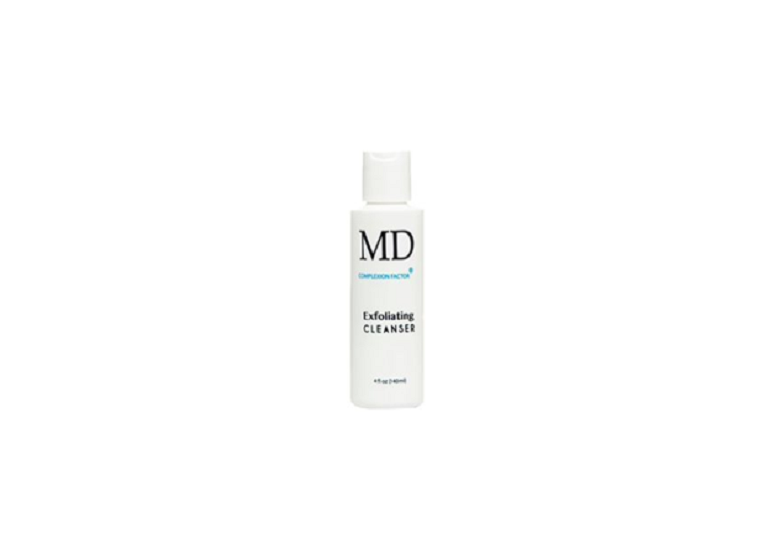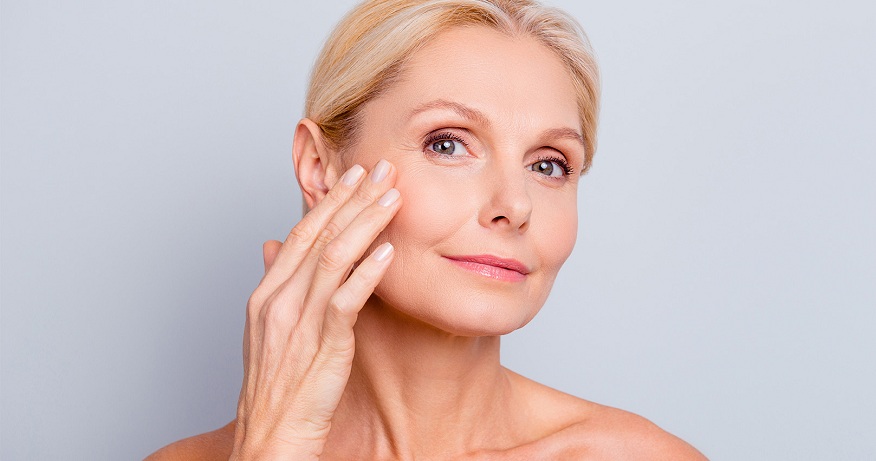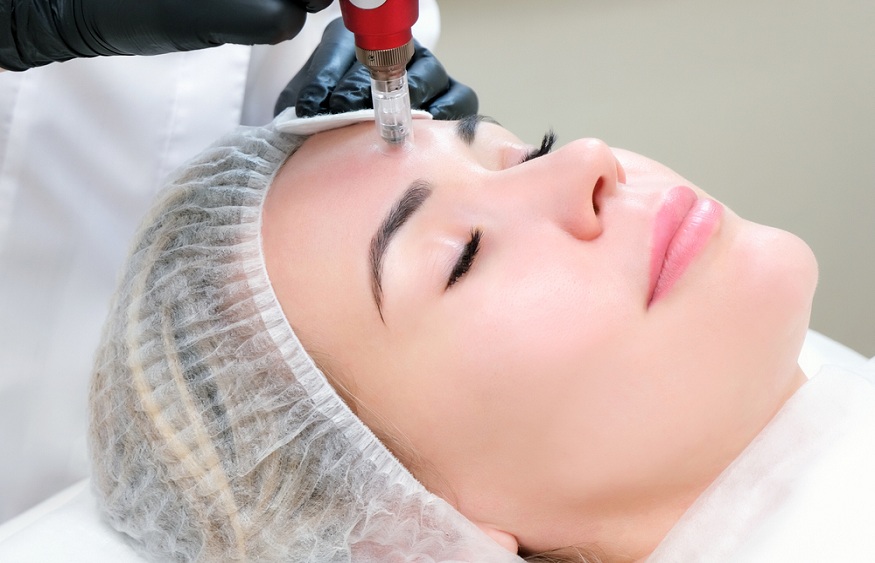What Products Should You Not Apply On Dry Skin?
When water quickly evaporates from the Skin, the Skin becomes dry. There are numerous possible justifications for this. Daily practices such as using abrasive cleaners and antiperspirant soaps can remove oils and lipids from our Skin. Additionally, taking long, hot baths might dry out your Skin. If you reside somewhere freezing and dry, the Skin will frequently become dry. You can treat dry Skin by making regular, small changes, such as moisturizing frequently throughout the day. It may become scorched when the Skin loses moisture and cannot replenish it. Overly dry Skin can develop due to illness, ageing, and some treatments. Because each person’s diagnosis will differ depending on their age, health, and the underlying reason for their dryness, each person may experience dry skin differently. But the probability is that you will have signs like cracked Skin, Peeling, blistering, or cracking, itching, redness, and Skin that is stiff or rough, especially after swimming in the water. Skin that is white and grey in colour. It is not a severe or complicated issue, given how common dry Skin is. There is nothing to be frightened about. However, people with dry skin may need assistance applying makeup correctly to look smooth. Because makeup doesn’t settle well on dry skin, people with dry skin frequently need to set their makeup to prevent it from fading or looking unprofessional.
Things To Avoid Using If You Have Dry Skin
1. Dried Up Alcholol
Avoid cosmetics, primers, and lipsticks, which include alcohol and are mattifying or dry very quickly. Alcohol can trigger the Skin to dry and drain by evaporating moisture and water from within. This undermines the efficiency and performance of the skin barrier and makes the skin more sensitive. The Skin may become inflamed, red, sensitive, and possibly develop eczema. Prevent using ethanol, isopropyl alcohol, and benzyl alcohol. Nevertheless, fatty alcohols with softening and relaxing properties, particularly cetyl and Cetearyl alcohol, are suitable for individuals with dry Skin. Knowing that alcohol is a harmful component of skincare, why is it still used in products? It is so because it assists and promotes the other ingredients’ improved skin penetration and protects them from lingering on the Skin’s surface. Alcohol, on the other side, can make your skin feel extremely dry and increase the risk of cancer, eczema, psoriasis, and rosacea.
2. Fragrances
Irritating contact dermatitis can be triggered by fragrance intolerance. Although scent and aroma only account for a tiny percentage of a product, they can aggravate and worsen skin ailments in individuals with sensitive skin or those who already have skin conditions or disorders. To prevent clogging pores, experts suggest monitoring benzaldehyde. Congestion and Inflammation are more likely to develop into acne if you have dry Skin that is not releasing skin cells rapidly or swiftly enough. Most of us consider texture and fragrance when deciding on a new skincare product, and we generally opt for the one that smells the nicest. But did you realise these artificial scents can exacerbate dry Skin and trigger eczema? No matter which type of skin you have, it is recommended that you avoid cosmetics with chemical and synthetic fragrances.
3. Glucosamine acid
Some lotions, primers, and foundations incorporate glycolic acid, primarily if they are formulated for dull, acne-prone Skin. For those types of Skin, the exfoliant’s ability to stimulate, promote and increase skin cell production and renewal may be advantageous. Adding this element to your beauty routine if you have dry skin could be excessive, specifically if your Skin has been dry, sensitive and irritated.
4. Acid Salicylate
Salicylic acid is commonly implemented in products for oily or acne-prone skin types to effectively manage the production of oil, lessen the occurrence of acne scars, and prevent bacterial growth. Primers, bases, toners, makeup-removing wipes, and cleansers commonly include salicylic acid. However, when the Skin is already dry, it might induce and encourage the Skin’s surface to blister.
5. Salicylic Acid
Salicylic acid is not a dangerous chemical. It is frequently found in skin care products intended for individual skin care people with oily and acne-prone Skin to assist in regulating oil production. However, utilising it on dry Skin will make it worse and result in flaking and cracking. Read the labels meticulously and very cautiously before selecting any item because salicylic acid was included in both skincare and makeup products.
Using moisturisers and limiting going for long, hot baths and showers are two lifestyle changes that might help dry Skin. Your doctor can recommend a moisturising cream tailored to your circumstances if you have dehydrated Skin. A doctor would prescribe a prescription cream or treatment to treat a severe skin condition if you have it. Your doctor could recommend wet dressings if your Skin cracks open to help avoid infections.
Conclusion
Wash your face gently at least once or twice per day. Use moderate, alcohol-free, non foaming face cleanser on your skin twice daily. Your Skin can be restored with products like argan oil and shea butter. If you have delicate skin, wash it in the evening with a cleanser and merely wash it the remainder of the day. Apply moisturisers and lotions frequently throughout the day, especially when your Skin feels dry and suitable after showering or hand washing. Find out from your doctor which products are most suitable for your skin type and condition. Before you find things that you like, assist you, and use consistently, you might want to try a few of them. Shea butter and cocoa butter are instances of nutrients that are healing and curative. Look for goods without scents and perfumes that don’t exacerbate acne or contain other substances that trigger allergies. Products with sodium lauryl sulfate should be disregarded since they excessively dry the Skin. You may wish to use a moisturiser on your face and neck. Pick a solution that is simple to use and leaves no traces left. Avoid using treatments on your face that include petroleum jelly, cocoa butter, or coconut oil if you are susceptible to acne. Try applying an SPF instead of a lotion if your skin is greasy. So, this was all you needed to know about what to use and what to stay away from if you have dry Skin.



